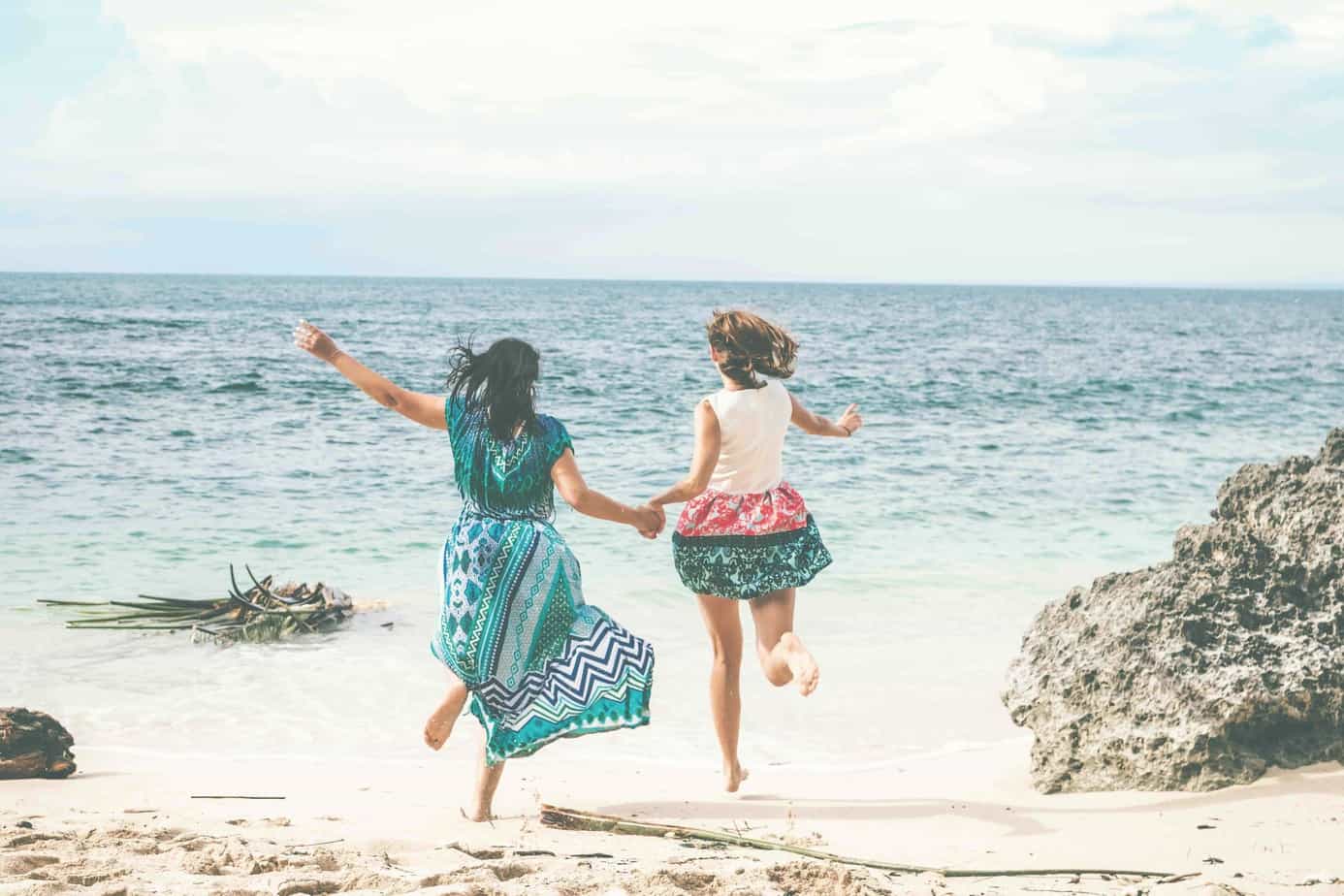Today, I was daydreaming about going to a lake to free myself from some of the heat. I was imagining jumping into the cool water and what being surrounded by that wonderful lake would feel like. I imagined myself getting out of the water and walking to the beach and, “bam!”, that was that… no more daydreaming about jumping in the lake. Why? The embarrassment and shame of being seen in a bathing suit seemed to be drowning me.
Body image is something that thousands of people struggle with. For instance, only 20% of British women claim to feel confident about their bodies. (1) In the study, “Understanding Body Image in African American and Caucasian First Graders: A Partnership with the YMCA “(2), 12.1% of first graders were satisfied with their bodies, and among the children of normal weight, 89.5% were dissatisfied with their current body size. On the other end of the spectrum, four primary themes were identified from the study, Body Image, Aging, and Identity in Women Over 50: The Gender and Body Image (GABI) Study. (3) Those four themes are:
1) the physical and psychological experience of aging;
2) the injustices, inequities, and challenges of aging;
3) the importance of self-care; and
4) a plea for recognition of the need to maintain a contributory role in society.
In other words, self-image is based not only on how we look, but how relevant we feel in our lives, our communities, and even in our world. Additionally, women and girls are not the only ones who struggle with body image, men and boys also experience these struggles. Tyler Kingkade, a senior editor and reporter at Huffington Post, shared his sense of body shame and embarrassment in his article. (4) He shares the moments he became aware he was comparing himself to his peers which eventually led to him focusing too much on this body part or that and their imperfections. “David LaPorte…recalled a doctoral student he had a decade ago who studied the image perceptions of guys at the gym and discovered that 1/5 of men, who were considered to be in shape, were uncomfortable taking their shirts off.” (5)
So, what do these various articles tell us about body image? First and foremost, way too many of us are ashamed of how we look. I often wonder what happens to that sweet baby, we all once were, who loves his/her own toes so much that s/he sucks them. Watching babies and seeing how happy they are to see their own smiling faces in the mirror, I want to know, how do we get that self-appreciation back?
The study done with children shows that much of how children determine comfort with their body image is based on in their mom’s acceptance or disappointment of her own body. Furthermore, while the dissatisfaction for all the Caucasian moms and children was that they wanted to be thinner/smaller, for many of the African American moms and children, they wanted to be somewhat larger. (6) Either way, no one was okay with how they were, even if their weight was considered healthy for their height.
In Medical News Today, Ana Sandoiu refers to the impact of social media on body image. “They felt worse about their own appearance after looking at social media accounts of someone that they perceived to be more attractive than them.” (7) This idea of “social comparison” is referred to in Kingkade’s article as well, where examples of men feeling like everyone is looking at them and judging them on their appearance creates more anxiety and less desire to be seen.
Sometimes, poor body image happens because we don’t know if we belong, we think everyone else is better than we are, or we don’t feel relevant to society. Either way, a negative self-image is destructive to all of us. It keeps us from being okay with who we are, with taking risks, and, on those hot summer days, it keeps many of us from finding relief in a local lake or pool. Where do we go from here? The first thing that we can do is to be kinder to ourselves and each other. We can be more accepting of ourselves and each other. Let’s broaden our perspective of what is attractive. Let’s seek health over image. Doing these things will allow us to enjoy our lives that much more. In closing, it is with great respect, love and admiration that I say to everyone, go jump in the lake and embrace the skin you’re in!
Author: Emily Norton, Common Ground Resource and Crisis Helpline Specialist
Endnotes:
- George Lane-Godfrey, Women’s Health, 2017.
- Dawnavan Scott Davis, PhD, MS, Tracy Sbrocco, PhD., and Jancie William.
- Hofmeier, MC, LPC; Runtfoia, Ph.D; Sala, B.S.; Gagne, BA; Brownley, PhD.; and Bulk, Ph.D. 2017, Jan-Feb, J Women Aging.
- “I’m a Man, and I’ve Spent My Life Ashamed of My Body.”
- Kingkade, page 2.
- “Body Image in Children”, page 14.
- “How does social media use affect our body image?”, 2018, Nov.
Bibliography:
Davis, D. S., Sbrocco, T., & Williams, J. (2009). Understanding body image in African American and Caucasian first-graders: A partnership with the YMCA. Retrieved from https://www.ncbi.nlm.nih.gov/pmc/articles/PMC3050004/
Hofmeier, S. M., Runfola, C. D., Sala, M., Gagne, D. A., Brownley, K. A., & Bulik, C. M. (2017). Body image, aging, and identity in women over 50: The Gender and Body Image (GABI) study. Retrieved from https://www.ncbi.nlm.nih.gov/pmc/articles/PMC5215963/
Kingkade, T., & Kingkade, T. (2015, August 20). I’m A Man, And I’ve Spent My Life Ashamed Of My Body. Retrieved from https://huffpost.com/entry/male-body-image_n_55cb5fd2e4b0923c12bec79a
Person. (2018, October 24). Negative Body Image Now Affects 10 Million Women in the UK – WH Investigates Why. Retrieved from https://womenshealthmag.com./uk/health/mental-health/a707260/negative-body-image/
Sandoiu, A. (2018, November 19). How does social media use affect our body image? Retrieved from https://www.medicalnewstoday.com/articles/323725.php





